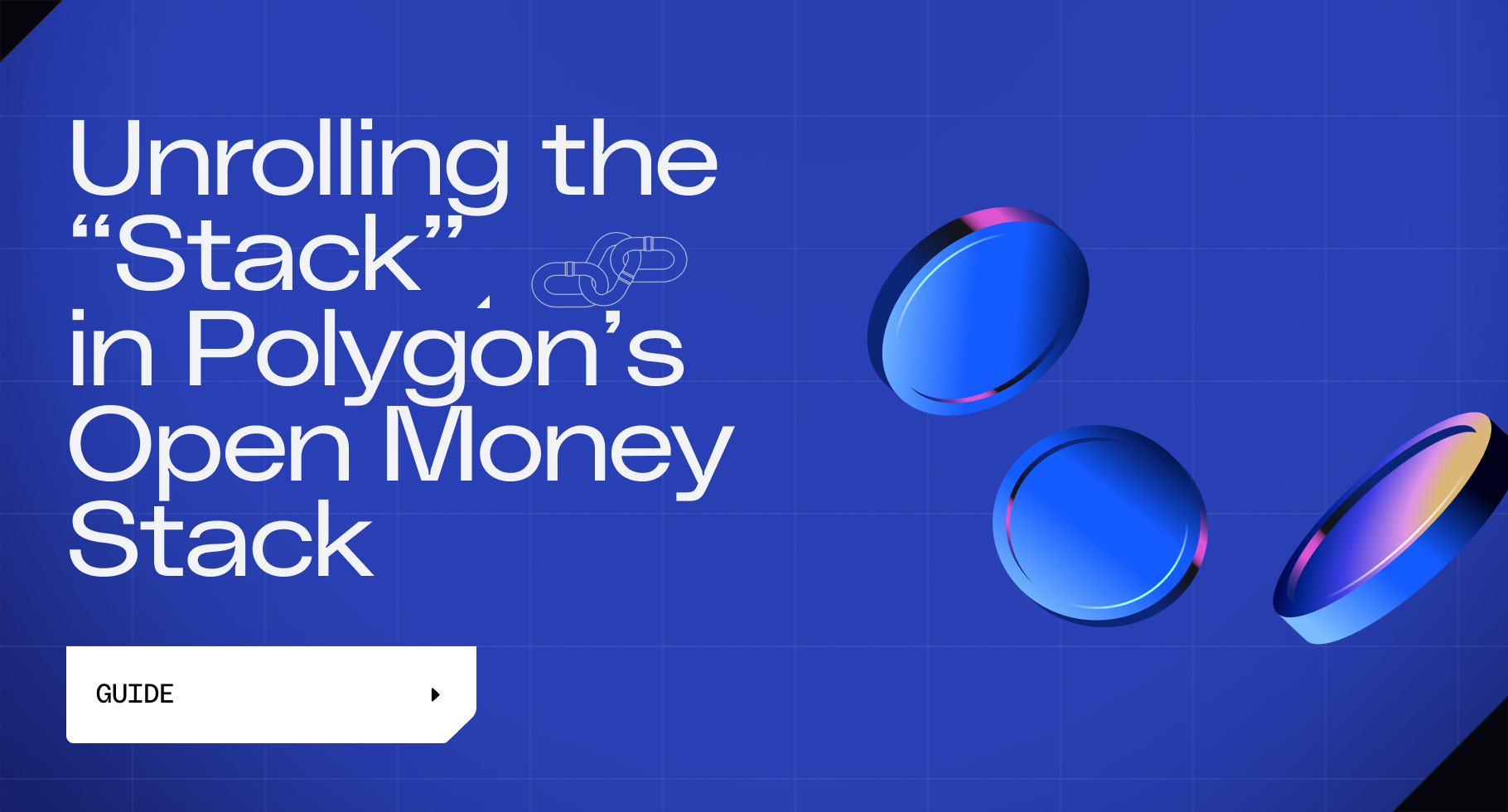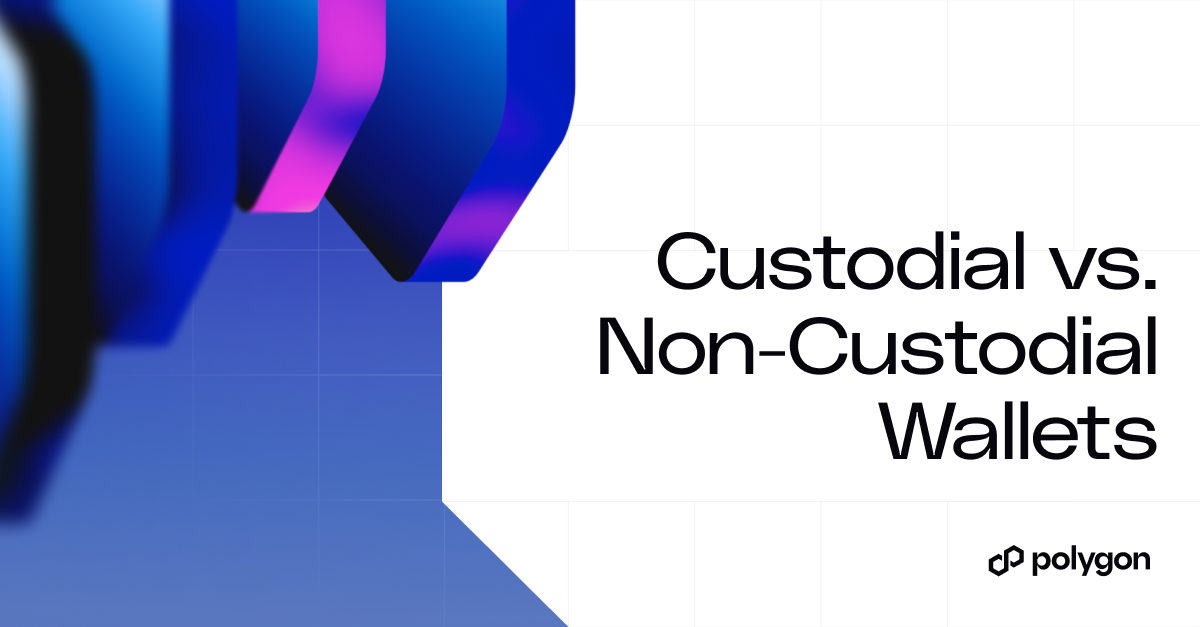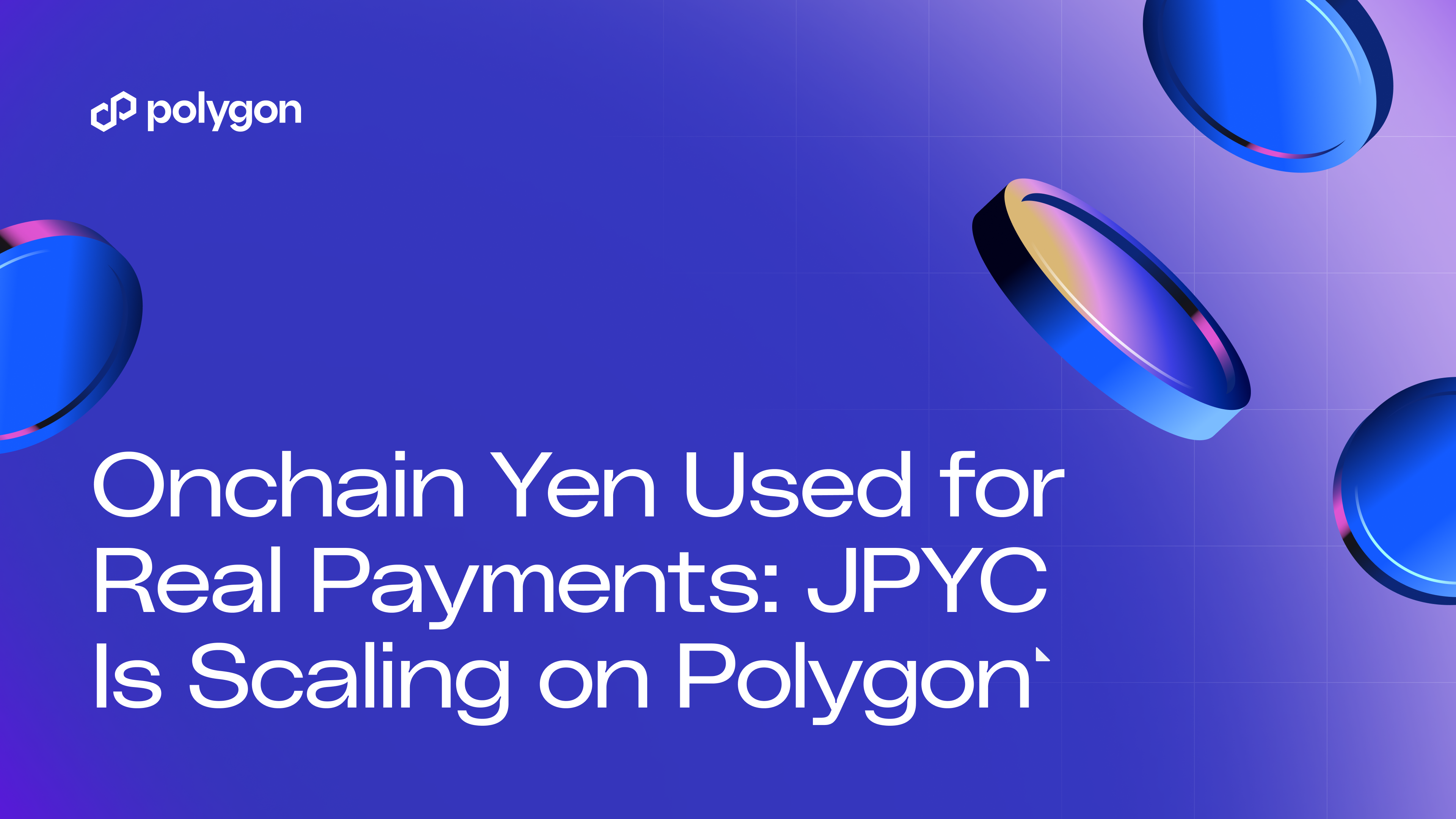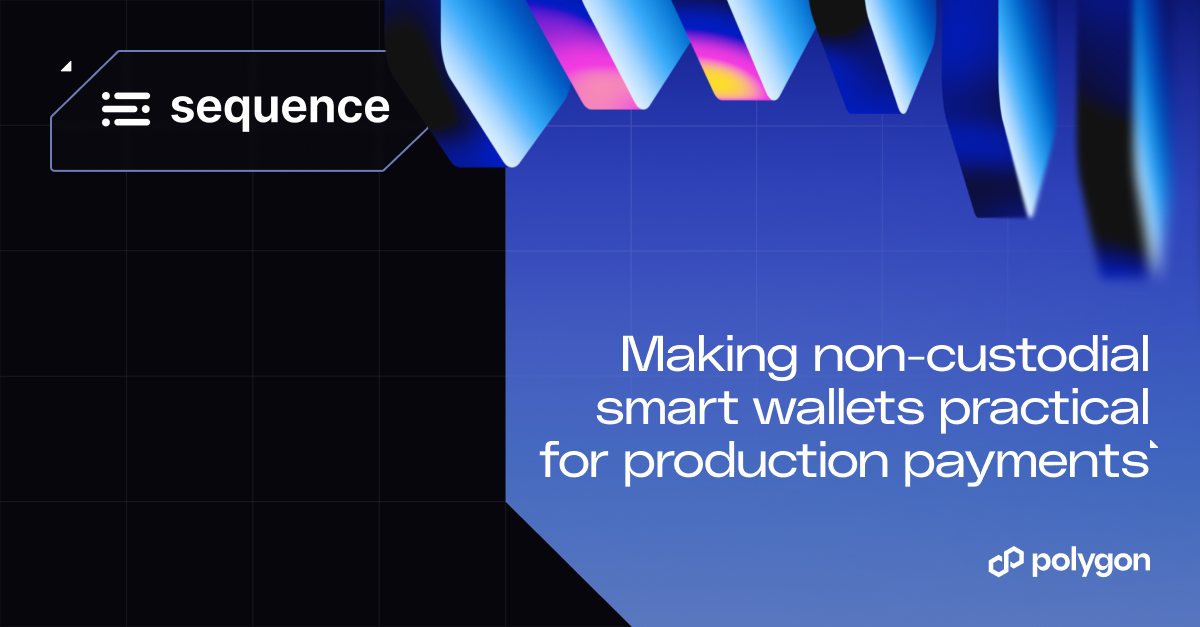Kicking Off the Polygon Governance Hub, a Unified and Transparent Interface for Community Governance
Built in the open, hand-in-hand with the community: The Polygon Governance Hub, developed with Aragon, lets users and builders influence core development of Polygon technology and infuse it with the community’s values

tl;dr
- Polygon Gov Hub, built with Aragon, will be a full-stack governance solution and user interface for the community
- The initial version of the Hub will focus on two of the three pillars of Polygon Governance – Protocol Governance and System Smart Contracts (SSC) Governance
- Builders and members of the community can propose Polygon Improvement Proposals (PIPs), both for protocol and system smart contract upgrades
- For SSC governance, the Protocol Council will publish transparency reports for every PIP, explaining their decision and initiating the voting period
- Tokenholders will be able to vote on the Protocol Council’s decision, as long as the tokens are staked, or delegate votes to community delegates who represent their interest
Today marks an important continuation in a journey that will increase community ownership: Introducing the Polygon Governance Hub.
Over the past year, the Polygon community has helped to define a framework of decentralized, community-led governance for Polygon, focusing on three main pillars, i.e. aspects of governance:
- Protocol Governance
- System Smart Contract (SSC) Governance
- Community Treasury Governance
Protocol Governance facilitates upgrades of Polygon protocols via the PIP framework and ecosystem consensus, in a process comparable to Ethereum protocol governance. System Smart Contract (SSC) Governance facilitates upgrades of L1 smart contracts that are necessary for Polygon protocols to operate. These upgrades leverage the PIP framework, as well as the Polygon Protocol Council—a community-controlled body introduced last October as a critical first step towards a scalable, secure, and decentralized governance.
The Polygon Gov Hub will be a unified governance interface and a center of community decision-making. For Protocol Governance, it increases transparency and participation. For SSC Governance, it enables staker voting, and a delegate program—a framework which will give the community oversight over key protocol development.
Read the call for Community Delegates, and get involved today
Community-member voting exists for those who are working to secure the network. Tokenholders can vote as long as the voting tokens are staked. Alternatively, they may choose to assign voting power to community delegates who represent their interest. This system will provide alignment throughout the community, as well as key oversight and checks on the decision-making of the Polygon Protocol Council.
Governance should be transparent and accessible. Over the next few months, various aspects of the Polygon Governance Hub are proposed to be phased in. At each step of the development process, the community can give iterative feedback and inject the Polygon Governance Hub with fresh ideas. The Hub will be built in phases by Aragon, a leader in the DAO tooling space.
In its end state, the Polygon Gov Hub will be a transparent interface for all decision-making across Polygon system smart contracts, designed for activities ranging from knowledge gathering to voting.
Let’s dive in.
Breaking down the Polygon Governance Hub
The Polygon Governance Hub will be a full-stack governance solution. It’s an iterative, innovative experiment to make decentralized governance more efficient, while also retaining robust protocol security.
For Protocol Governance, the framework remains as is; the Gov Hub will aggregate all submitted PIPs and follow their progress, increasing transparency and participation.
For SSC Governance, here’s a brief overview of the framework introduced in this initial version, followed by a breakdown.

Let’s break down what the Polygon Gov Hub enables, and a typical procedural flow for new governance proposals:
- A PIP is proposed. The Hub will be an accessible, collaborative space for users, builders, and the community at large to learn and contribute. After a Polygon Improvement Proposal (PIP) has been submitted to the PIP repo and extensively peer-reviewed, as well as discussed on the Polygon Protocol Governance Call, the next step will be for it to be voted on by the Polygon Protocol Council;
- The 13-member Protocol Council (PC) votes. With a focus on simplicity and transparency, the community will be able to see how the Council votes on proposed protocol upgrades. Regular proposals will require 7/13 PC consensus and be subject to a 10-day timelock. Emergency proposals will require a 10/13 supermajority—this bypasses the 10-day timelock in the case of severe system risk.
- A transparency report is issued. After every vote, whether or not a PIP passed with consensus through the Council, the Gov Hub will feature a transparency report, as well as provide guidelines, member lists, and dashboards for onchain activities.
- A 10-day voting window opens for community participants to signal approval or veto of the PIP. Delegates and staked tokenholders in Polygon Proof-of-Stake contracts will be able to easily participate in governance through the user interface. During the 10-day timelock window, they will be able to signal a veto of the PC vote, putting in place vital checks and balances.
Read more about the Polygon Protocol Council here.
Aragon, a long standing contributor to the Polygon community, will be building the Polygon Governance Hub using Aragon OSx, a new generation of governance tooling that makes it easy to build custom onchain governance solutions and adapt them over time with a modular plugin-based architecture.
The adaptability of the governance framework, along with an accessible UI to encourage wide community participation, will enable future-proof, community-led, and iterative governance.
Over time, the phased-in approach will give the Polygon community the opportunity to help iterate not only on the Polygon Governance Hub, but also the direction of all aspects of the protocol itself.
Read more about Aragon OSx in the context of the Polygon Governance Hub.
Why is this needed?
The Polygon Governance Hub will be specifically adapted to current and changing needs of the Polygon community.
The Hub will be optimized to evolve over time—with community feedback.
Polygon, and all related network architecture, needs flexible, transparent, and future-proof governance mechanisms and tooling. The Polygon Governance Hub is central to achieving this.
When is this happening?
Starting today, with a call for community feedback and input, as well as a proposal for community delegates. Aragon will be rolling out the first features of the Polygon Governance Hub in the next couple of months. This is part of the community’s commitment to building in public and incorporating community feedback.
Want to engage even deeper with governance on Polygon? Head over to Layer3 to begin your Polygon Governance Quest, earning points and demonstrating you’re truly committed to decentralized Polygon governance!
So now’s your chance: let us know what you think! Be sure to tune into the blog and our social channels to keep up with updates about Polygon.
The future of Web3 is aggregated.
Website | Twitter | Forum | Telegram | Discord | Instagram | LinkedIn | Polygon Knowledge Layer






.png)
%20(1).png)
.png)



.jpg)
.jpg)
.png)

.png)
